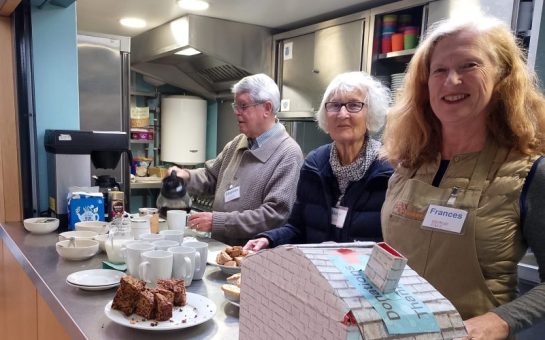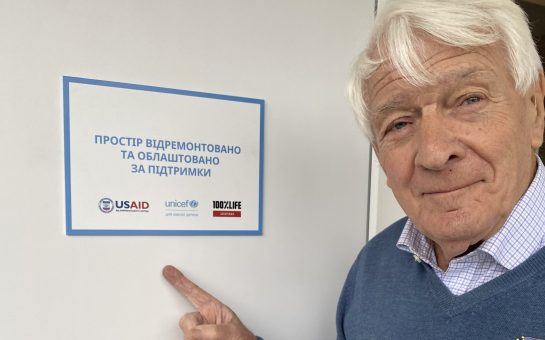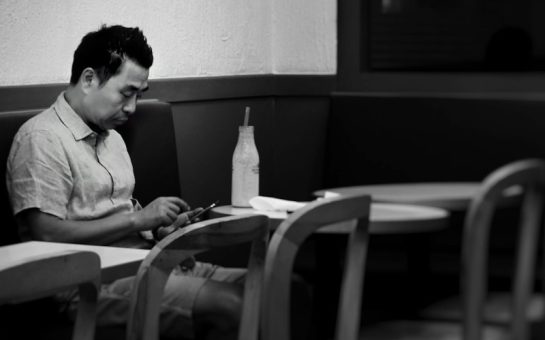A charity project has formed culturally appropriate mental health hubs in London for Black communities who are overrepresented in mental health data.
The Ethnicity and Mental Health Improvement Project (EMHIP) has set up a wellbeing hub in the New Testament Assembly in Tooting to support Black communities’ mental wellbeing.
The charity works through faith institutions such as churches, mosques and temples as well as other neighbourhood centres to provide mental health facilities that culturally cater for ethnic minorities.
Malik Gul, charity director of Wandsworth Community and Empowerment network (WCEN), which formed the EMHIP said: “Our members tell us that mental health services are not working for us.
“Mental health services are not giving us the type of need, care and support that we want.”
In partnership with the NHS and local authorities, the EMHIP supports people who are unable to access conventional mental health services and those who are hesitant due to institutional racism and inability to discuss issues surrounding race.
Candace Skelton, Communications Officer of WCEN said: “When we talk to mental health institutions about racism and the impact of racism on mental health, there tends to be a lot of defensiveness.
“There is still a lot of discomfort in our country around talking about race – that creates a huge barrier.”
Recent statistics from the Synergy Collaborative Centre have shown that this community is most likely to suffer from mental ill-health, while being the less likely to receive professional support.
Data provided by the NHS, showing people accessing NHS mental health facilities categorised by race from March 2020 to September 2021, indicates that Black communities were among the lowest groups to gain medical support.
Gul said: “We are moving psychiatrists out of hospitals and putting them into churches, we are employing local mental health practitioners to be based in community organisations.
“So when somebody comes into the church, they can see the pastor, they can get prayer if prayer is what is needed, they can immediately get support from somebody that looks like them, inside the church,” explained Gul.
The charity also recognised the impact the pandemic had on the mental health of this community.
“I don’t think many can go through two years of COVID and lockdown without it having a fundamental impact on our well being, and I don’t think a lot of us really appreciate how much impact it has on us.”
Further research from the Synergy Collaborative Centre has shown that ethnic minorities have poorer mental health outcomes than their white counterparts, and that culturally appropriate mental health facilities are essential to reduce the disparity.
“We find that our communities don’t really engage with health services as much as other communities do.
“It means that our communities end up suffering the worst – not only because their traumas and environments make them more vulnerable, but also because they are not willing to come to services as a result of the treatment,” explained Skelton.
Similar statistics can be seen with data on the number of people in contact with NHS-funded secondary mental health services by ethnicity, between 2019 – 2020.
The lack of representation of mental health practitioners further adds to the hesitancy many in this community experience when searching for help.
Gul expressed that given the majority of consultants and medical professionals are from white backgrounds, they might be unable to understand cultural differences and provide adequate support.
Similarly, members of the Black community may feel reluctant to speak on issues surrounding racism in fear of being misunderstood, said Gul.
The charity also offers culturally catered mental health facilities for black and brown young adults through a project called Black Minds Matter (BMM) to reduce the problem before adulthood.
Gul said: “Young Black people are most likely to be affected by school exclusions, police stop and searches as well as live in poor housing estates and low-income families – all factors which can have an impact on their mental health.”
BMM was born out of these concerns and in the effort to reverse adverse childhood experiences and build around self-empowerment in young black and brown children across South West London.
To find out more about EMHIP or ways to get involved, visit https://emhip.co.uk.
Photo by August de Richelieu from Pexels




